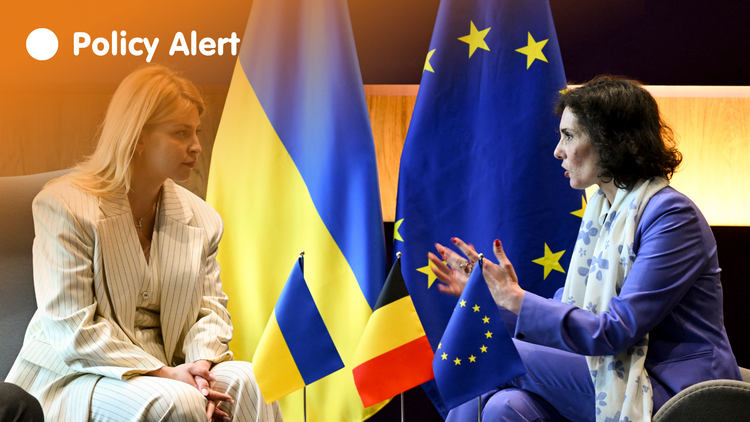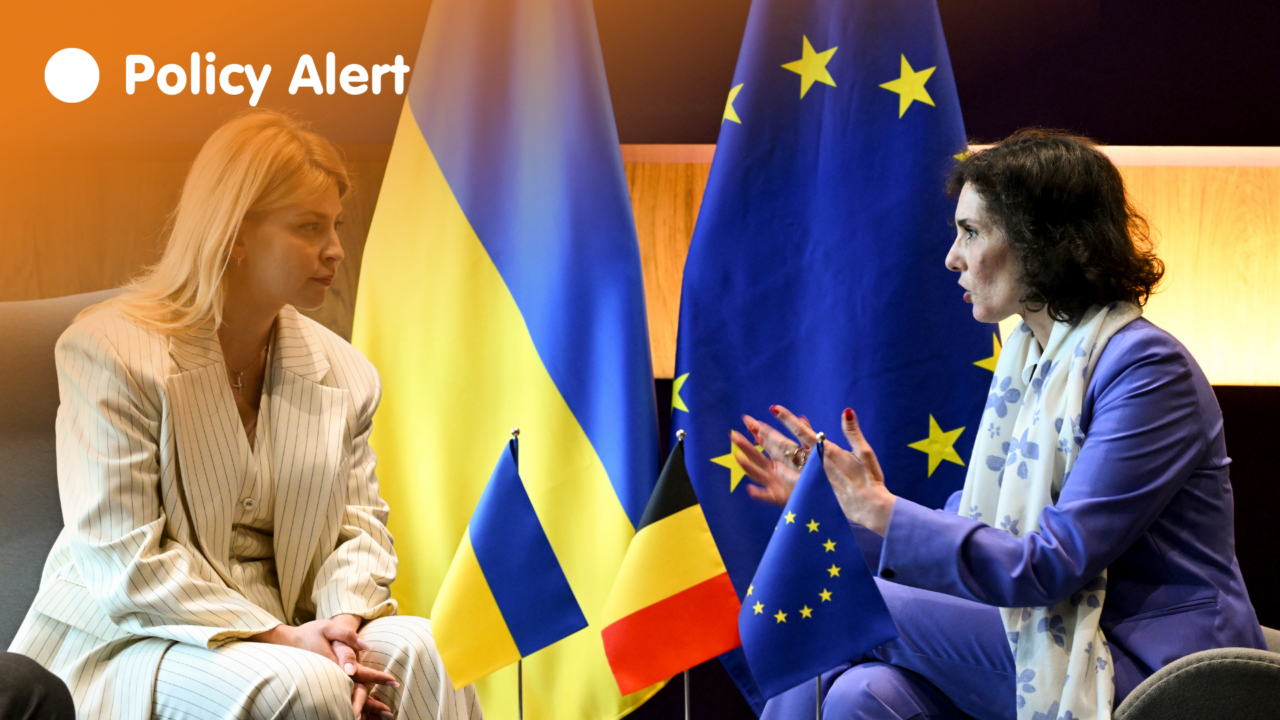Dreaming of EU: The challenges ahead for Ukraine’s and Moldova’s accession

Formal negotiations for Ukraine and Moldova to join the European Union have started. However, there are four key challenges that need to be addressed before the EU can officially accept these countries as members.

stoms, Belgium), and Mariya GABRIEL (Deputy Prime Minister for European Commission Affairs of Bulgaria, Bulgaria) met to discuss cooperation and strengthen ties between their countries. The meeting focused on key issues such as security, trade, and integration into the European Union. They expressed their commitment to working together to achieve common goals and enhance the partnership between their countries.
Ukraine and Moldova have achieved their goal of beginning formal talks to join the European Union. The talks started on 25 June through separate intergovernmental conferences, marking the start of a focused and productive process towards EU membership.
After a long period of no growth in the Western Balkans, this development provides a strong boost to the EU's expansion plan and motivates the reform efforts in Ukraine and Moldova. Although there is now more momentum for enlargement, the future progress and eventual membership will be determined by:
Ukraine, Moldova, and the EU should maintain their current momentum. Looking at past events in the Western Balkans, a break in the process of joining the EU can make it challenging to restart. It is crucial that in the upcoming six months, as the EU institutions undergo changes, they keep working on addressing issues through bilateral screening. This will finalize the necessary technicalities before negotiations begin, and will help Ukraine, Moldova, and the EU establish a strong foundation for future talks.
The upcoming Hungarian presidency's main focus will not be on joining the group. Ukraine, in particular, should take advantage of this period to approve the two plans for improving the legal system and public administration. If these plans are carried out effectively, they will provide a strong basis for starting negotiations when Poland assumes the presidency in the following year.
The European Council on Foreign Relations does not have one official stance on issues. The publications from ECFR only reflect the opinions of the authors who wrote them.



































































